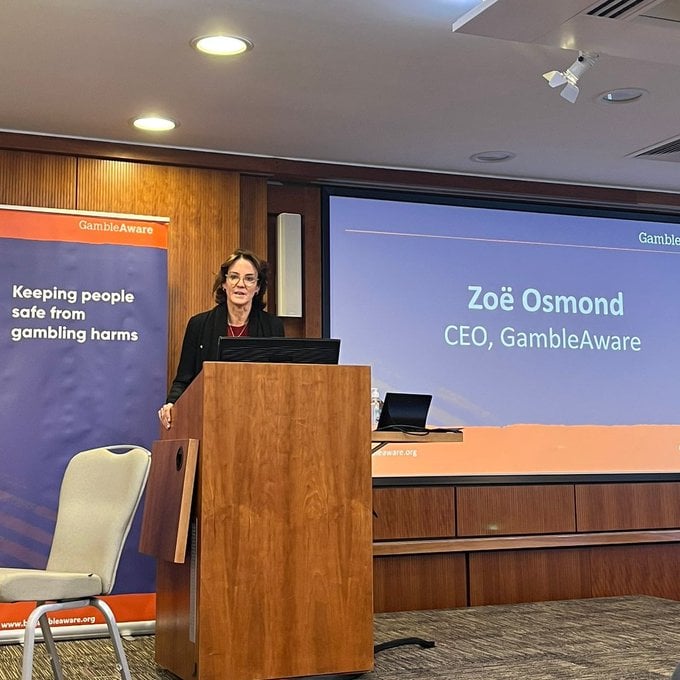GambleAware, one of the bodies pushing responsible gambling in the UK, has released the findings of a new study on who gambles the most online. Its assessment places much of the action in areas it asserts are “economically disadvantaged.”


Those areas are home to 29% of online gaming accounts, while 13% of the accounts are from economically stronger areas. This is the conclusion of a report that the National Centre for Social Research (NCSR) and the University of Liverpool prepared for GambleAware.
The report adds that 25% of gaming customer losses were from the 20% of the most economically disadvantaged areas. On the other hand, 15% of the losses came from those in the 20% least deprived areas.
The Nuts and Bolts
Researchers analyzed data from 139,152 online gaming accounts, including virtual and live poker, slots and betting on sporting events. The study covered data from seven major operators in the period July 2018 to June 2019.
Betting on horseracing and soccer was the most popular type of betting. Gambling at online casinos, however, was more likely to result in heavy losses. Greater spending came from those neighborhoods that fell into the lowest economic level.
The study revealed that players with high spending habits were mainly from poorer areas. As a result, the online gambling industry was dependent on a small number of customers who have the highest losses to make up the majority of its revenue. Overall, the “top 10%” of gambling accounts contributed 79% to operator revenue.
This research supports the growing body of evidence that gambling harms are falling disproportionately upon the poorest communities. The current cost of living crisis and the economic fallout from the pandemic will only make this worse,” said GambleAware’s CEO Zoe Osmond.
Professor David Forrest from Liverpool University was the lead analyst on the report. He asserted that the findings provide a great opportunity to understand the fundamentals of online gambling. The UK Gambling Commission (UKGC) is undertaking a study of its own that will provide additional data points.
He added that participation in gambling led to a “higher proportion of customers had losses in the thousands of pounds over the year.” However, that’s still less than what many spend on other forms of entertainment annually.
Funding for the research came, in part, from the gambling industry. In the first three quarters of the current fiscal year, operators gave GambleAware £16 million (US$21 million) to conduct its studies.
More Regulations Coming
Dr. Sokratis Dinos, Director Of Health at the National Centre for Social Research (NatCen), said that the research provides unprecedented insight into online gaming. It also offers crucial insights for regulation in Great Britain. NatCen is another registered charity that relies on outside financial support for its operations.
Dinos added that the fact that only “a few” customers provide the largest share of the revenue for major gambling operators is a bad thing. He believes the survey also indicates that many of these customers could be at risk of gambling harm. The GambleAware’s study relying on data from four years ago, however, may have skewed the results.
His position is in spite of evidence to the contrary. Even the UKGC’s own research shows that problem gambling in the UK is down from a year ago and now stands at around 0.2%.
Forrest pointed out that government and regulatory discussions focus on the hazards of sports betting. However, instead, they should target the risks associated with online gaming.
The UK continues to invest millions of pounds each year to study gambling harm. But, as the UKGC data indicates, this may be a misallocation of funds. Later this month, new rules will arrive in the country’s gambling industry, which may lead to some unexpected results.
The post GambleAware Report Attempts to Shine Light on Where Most Online Gambling Takes Place appeared first on Casino.org.
